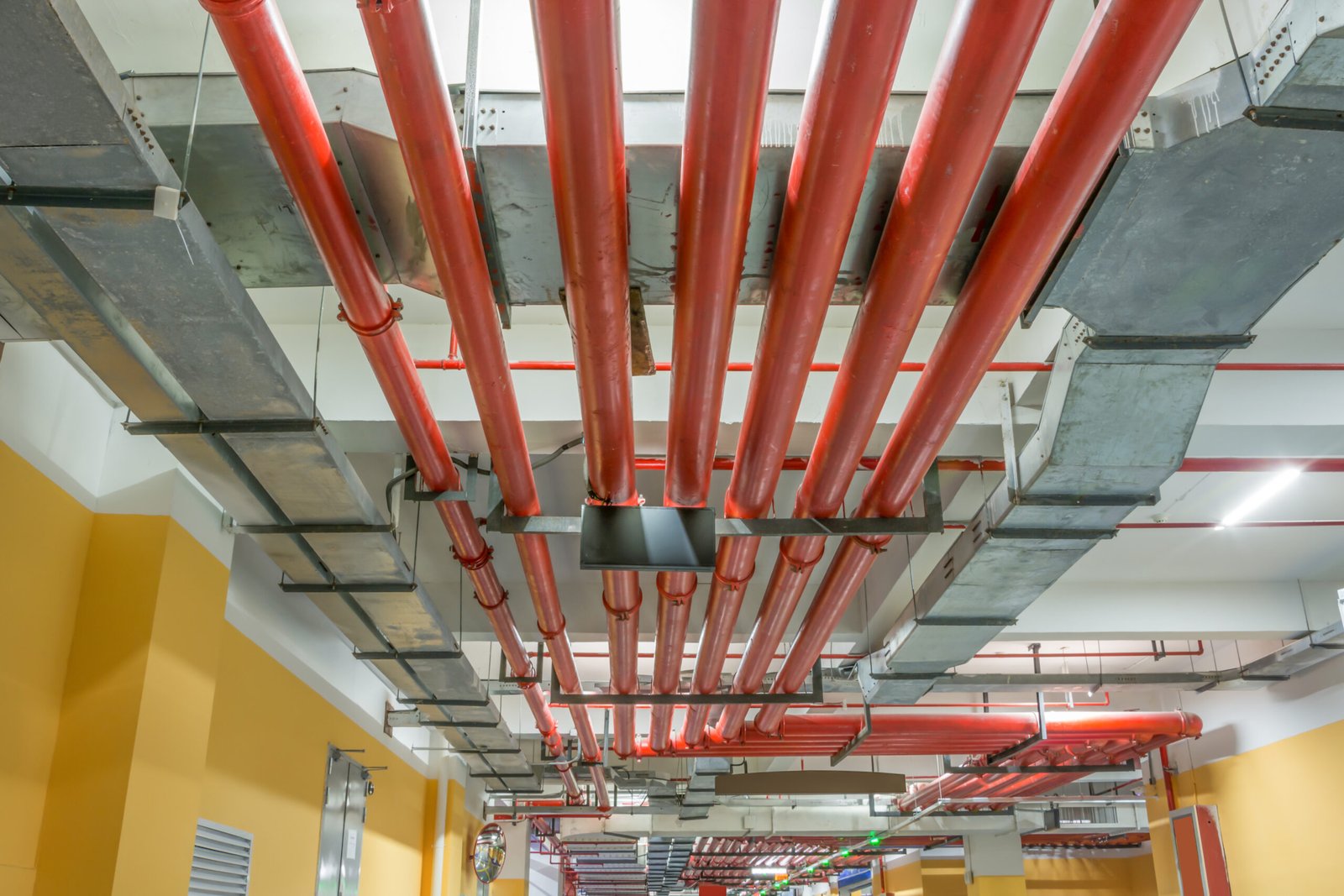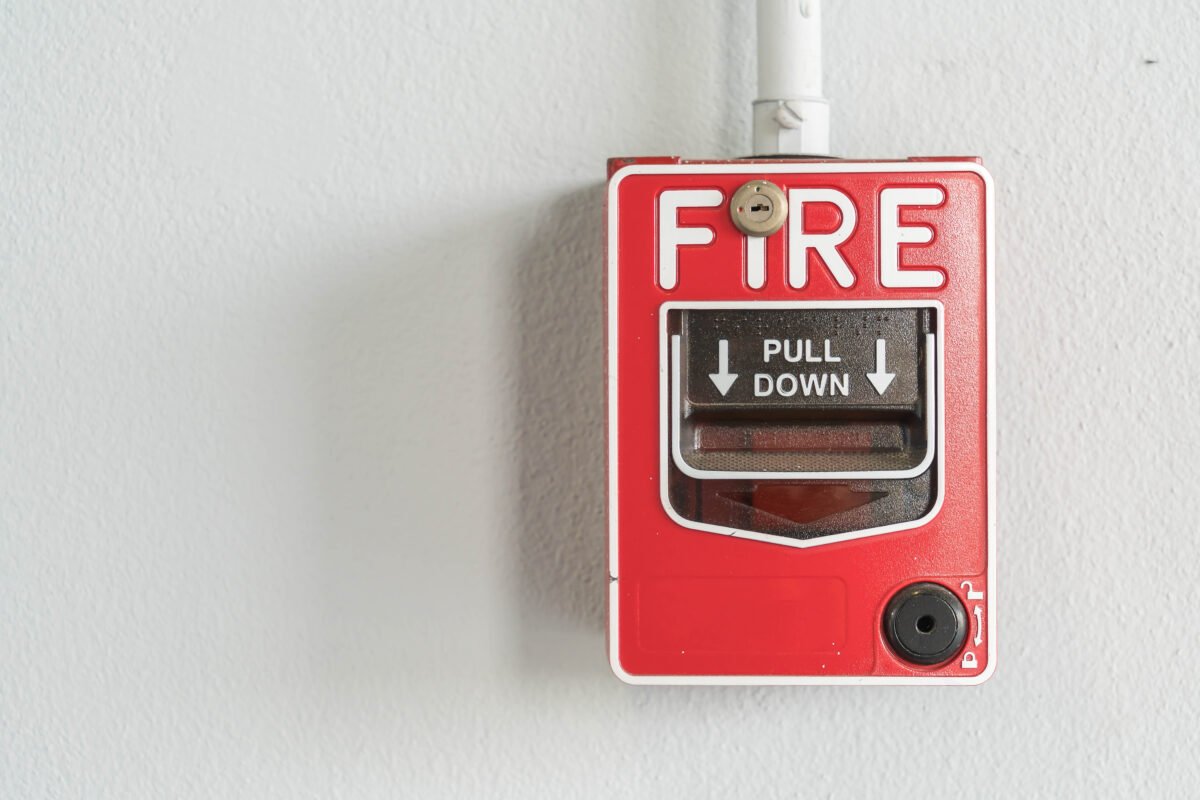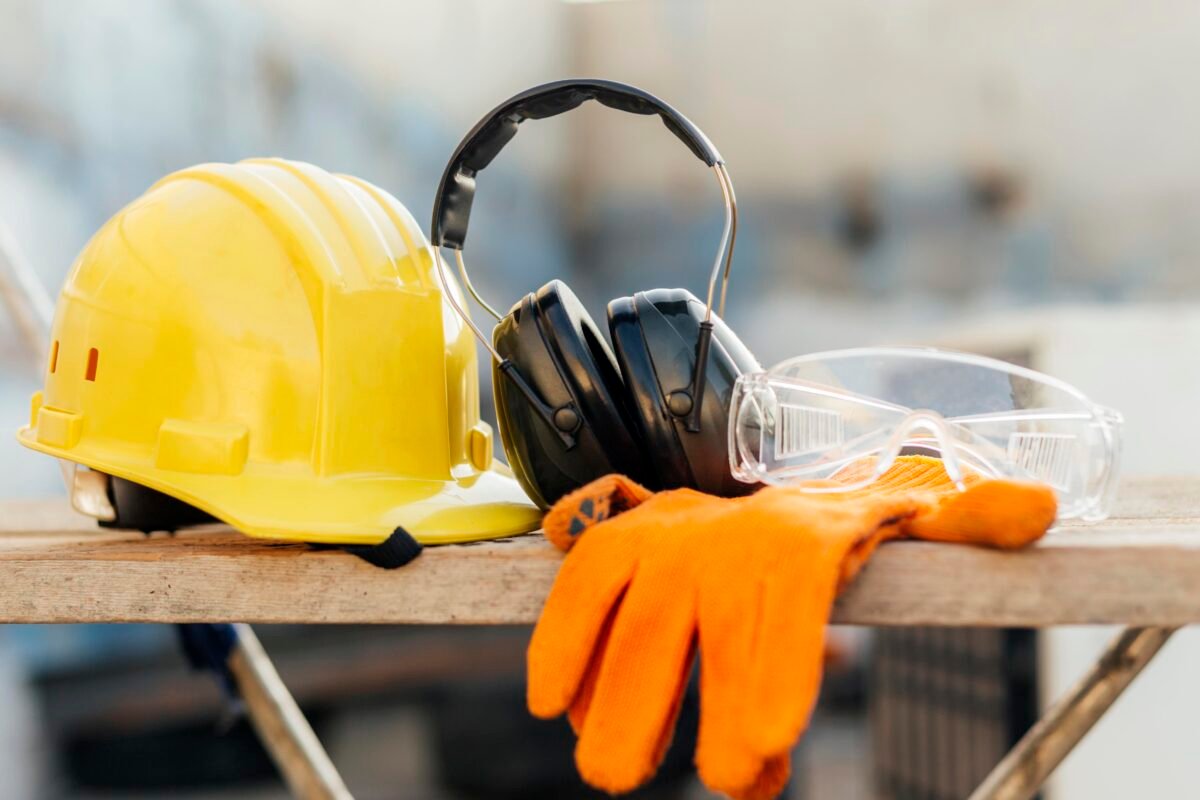What is a Firefighting System Technician and Fire Alarm System Technician?
The importance of fire safety has significantly increased worldwide, especially in countries with booming construction sectors and densely populated urban zones like Saudi Arabia and other Gulf Cooperation Council (GCC) nations. As infrastructure continues to expand in the Gulf, the demand for skilled technicians in firefighting systems and fire alarm systems is on the rise. This article explores who these technicians are, what roles they play, and how aspiring professionals can prepare for lucrative job opportunities in the Gulf region.
Understanding the Roles
Who is a Firefighting System Technician?
A Firefighting System Technician is a skilled professional responsible for the installation, maintenance, inspection, and repair of fire suppression systems in buildings and industrial facilities. These systems include:
- Sprinkler Systems
- FM-200 fire fighting systems or Clean Agent Systems
- CO₂ Suppression Systems
- Foam-Based Systems
- Wet and Dry Risers
- Fire Hose Reels
- Hydrants and Pumps
Technicians work according to national and international fire safety codes such as NFPA (National Fire Protection Association) standards or Civil Defense regulations specific to the host country.
Who is a Fire Alarm System Technician?
A Fire Alarm System Technician specializes in electronic fire detection and alarm systems. This includes:
- Smoke Detectors
- Heat Detectors
- Manual Call Points
- Control Panels
- Sounders and Flashers
- Addressable and Conventional Alarm Systems
These professionals ensure the timely detection and alerting mechanisms of fires through properly installed and functioning alarm systems.

Job Responsibilities of Firefighting System Technician:
- Install fire suppression hardware like pipes, sprinklers, pumps.
- Pressure testing of pipe networks.
- Maintenance of pumps, tanks, and water supply systems.
- Read and interpret MEP (Mechanical, Electrical, Plumbing) drawings.
- Troubleshoot faulty or leaking systems.
- Work with hydraulic calculations and flow testing.
Job Responsibilities of Fire Alarm System Technician:
- Install and program fire alarm panels.
- Test and commission alarm systems.
- Troubleshoot and repair electrical faults.
- Maintain logs and perform periodic inspections.
- Ensure compliance with local fire alarm codes.
- Interface alarms with building management systems (BMS) and other life safety systems.
Importance of These Technicians in Gulf Countries
Growing Infrastructure
Saudi Arabia and other Gulf countries like the UAE, Qatar, Oman, Kuwait, and Bahrain are undergoing massive infrastructure development. Projects include smart cities (like NEOM), metros, airports, shopping malls, hospitals, and industrial zones — all requiring strict fire safety compliance.
Strict Regulatory Environment
All Gulf countries have stringent fire safety codes, often enforced by Civil Defense authorities. Buildings cannot receive final approval or be occupied without certified firefighting and alarm systems in place, creating constant demand for skilled technicians.
High-Risk Industrial Zones
Oil and gas sectors, refineries, power plants, and logistics hubs dominate the Gulf economy. These facilities are highly sensitive to fire risks and require regular inspection and maintenance, often involving specialized systems like clean agent gas suppression and foam-based systems.
Qualifications Required for Fire Fighting System Technicians and Fire Alarm System Technicians
Most companies look for technicians with the following:
Academic Qualifications:
- Diploma in Mechanical or Electrical Engineering
- Technical Certificate in Fire Safety or Fire Protection
- Matriculation with hands-on experience may also be acceptable for junior roles.
Technical Certifications:
- NFPA certifications (especially NFPA 10, 13, 20, 25, 72)
- Fire Alarm Technician Certification (by NICET or equivalent)
- FM-200 Installation & Commissioning
- Basic Firefighting and HSE Certifications
- First Aid and CPR (preferred)
Skills:
- Reading schematic drawings and blueprints.
- Knowledge of tools used for pipefitting, wiring, and commissioning.
- Troubleshooting and diagnostic abilities.
- Understanding of fire codes and standards.
- Computer literacy for alarm system programming.
Experience Requirements
Typically, Gulf employers prefer candidates with:
- 2 to 5 years of relevant experience for junior and mid-level roles.
- 5+ years of experience for supervisory or foreman positions.
- Hands-on exposure to FM-200, Novec 1230, or other clean agent systems is often mandatory.
- Commissioning experience is highly valued.
Preparing for Firefighting System Technicians Jobs in Saudi Arabia and Other Gulf Countries
Step 1: Get the Right Education
Start by acquiring a diploma or technical certification in fire safety, mechanical, or electrical engineering. If you already have a general diploma, supplement it with a fire protection short course.
Step 2: Gain Experience Locally
Before applying to Gulf jobs, gain at least 2-3 years of experience in your home country. Get familiar with system installation, maintenance, and especially commissioning, as these are key areas of demand.
Step 3: Build a Professional Resume
Your CV should clearly highlight:
- Experience in system installation and commissioning.
- Types of systems handled (sprinkler, FM-200, alarm panels).
- Familiarity with codes (NFPA, BS, Civil Defense).
- Projects completed (e.g., malls, towers, hospitals).
Step 4: Get Certified
If you can, take internationally recognized courses:
- NFPA Certifications (NFPA 10 for extinguishers, NFPA 13 for sprinklers, etc.)
- Alarm Panel Programming Courses (e.g., Honeywell, Siemens, Notifier)
These make your profile stronger, especially in the competitive Gulf job market.
Step 5: Learn English (If Not Fluent)
Basic English communication is essential for reading manuals, drawings, and instructions — and for coordination at international worksites.
Step 6: Apply via Trusted Channels
Apply through: Licensed Recruitment agencies in Pakistan specializing in Gulf placements.
Avoid fake recruiters by verifying agency licenses and asking for offer letters only after confirmed interviews.
Career Growth Path
A firefighting system or alarm technician can grow into:
- Site Supervisor
- Foreman
- QA/QC Inspector (Fire Safety)
- Fire Safety Engineer
- Commissioning Engineer
- HSE Officer (with added certifications)
With consistent effort, many technicians rise to managerial roles or even start their own fire system installation businesses.
Conclusion
Becoming a Firefighting System Technician or Fire Alarm System Technician is a stable and respected career, especially in fire-code-driven regions like Saudi Arabia and the wider Gulf. With the right mix of technical skills, certifications, and hands-on experience, job seekers from South Asia, Africa, or elsewhere can build fulfilling careers in the booming construction and safety sectors of the Gulf.
To succeed, focus on continuous learning, practical exposure, and industry-standard certifications. As fire safety will never go out of demand, this field promises not only good income but also job security and long-term growth.
Disclaimer :
The information provided in blog articles and how-to guides on the LinkArabia website is for general informational purposes only. While we strive to provide accurate and up-to-date content, we make no representations or warranties of any kind, express or implied, about the completeness, accuracy, reliability, suitability, or availability of the information. Any reliance you place on such information is strictly at your own risk. For more information , please read linkarabia disclaimer policy.




